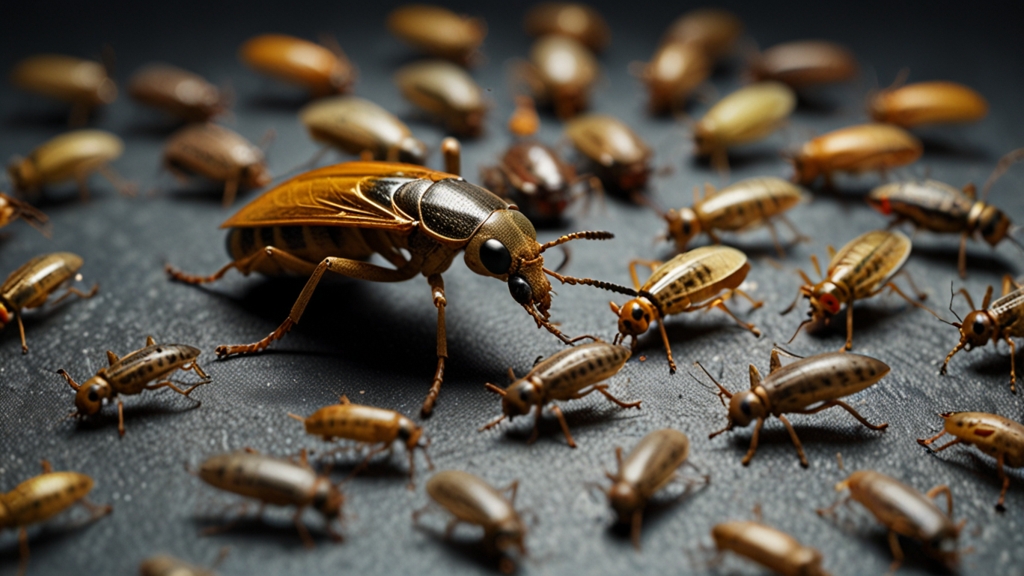The Biology of Happiness: What Science Says About Your Mood
Happiness is a universal pursuit, yet it remains an enigmatic concept, often interwoven with various cultural, psychological, and biological threads. Have you ever wondered why some days you feel elated for no apparent reason while other days seem to drag on in a melancholic haze? The answer lies deep within your biological makeup. But what exactly does science say about happiness and its impact on your mood?
The Role of Neurotransmitters
At the heart of happiness are neurotransmitters—chemical messengers that contribute to feelings of joy, satisfaction, and well-being. Among the most influential are dopamine, serotonin, and endorphins, often termed the "feel-good" chemicals.
Dopamine: Often referred to as the "reward molecule," dopamine is released when you achieve something significant or experience pleasure. Its impact extends beyond mere satisfaction, influencing motivation, concentration, and even motor control.
Serotonin: This neurotransmitter plays a critical role in regulating mood, social behavior, appetite, digestion, sleep, and memory. Low levels of serotonin have been linked to depression, making it a key target for many antidepressant medications.
Endorphins: Often dubbed the body’s natural painkillers, endorphins are released during physical exercise, excitement, pain, consumption of spicy foods, and love. They contribute to the sensation known as the "runner's high," a feeling of well-being post-exercise.
The Endocannabinoid System
Another fascinating area of research is the endocannabinoid system. This system involves complex cell-signaling pathways that play a crucial role in regulating mood, appetite, memory, and stress. The body’s natural cannabinoids, known as endocannabinoids, bind to receptors in the brain to promote a state of balance and homeostasis.
The interaction of these systems reveals just how complex and diverse the biology of happiness truly is. It’s an intricate dance of chemicals and signals that creates the rich tapestry of our emotional lives.
The Gut-Brain Connection
Surprisingly, your gut may also have a significant impact on your mood. Often referred to as the "second brain," the gut houses around 90% of the body's serotonin. It’s filled with millions of neurons and produces a multitude of neurotransmitters, creating a bidirectional communication system known as the gut-brain axis. Research indicates that a healthy gut may contribute to a happier mind.
The Impact of Genetics
While environment and lifestyle play integral roles in shaping your emotional state, genetics also has a say. Studies suggest that about 40-50% of happiness is influenced by genetic factors. Specific genes, such as the ones coding for mood-regulating neurotransmitters, can make individuals more or less susceptible to feeling happy.
However, it’s crucial to understand that genetics is not destiny. Various external factors such as lifestyle choices, relationships, and even thoughts can significantly influence our level of happiness.
Lifestyle and Happiness
While understanding the biology of happiness provides fascinating insights, practical lifestyle choices can have profound impacts on mood regulation:
- Exercise: Regular physical activity boosts endorphin levels, contributing to better mental health.
- Diet: Consuming a balanced diet rich in omega-3 fatty acids, vitamins, and antioxidants supports brain function and emotional well-being.
- Social Connections: Strong relationships and community ties are fundamental to emotional health. Social interactions can stimulate the release of oxytocin, often called the "love hormone."
- Mindfulness and Meditation: These practices can reduce stress and improve overall mental well-being, potentially altering the structure and function of the brain in positive ways.
Conclusion
In the quest for happiness, biology offers both intriguing answers and complex challenges. While neurotransmitters, the endocannabinoid system, gut-brain axis, and genetics play significant roles, the external environment and lifestyle choices are equally crucial. By integrating this multifaceted understanding, we can pave the way for a happier, more balanced life. As science continues to unravel the mysteries of happiness, one thing remains clear: the pursuit of joy is as much an internal journey as it is an external one.













